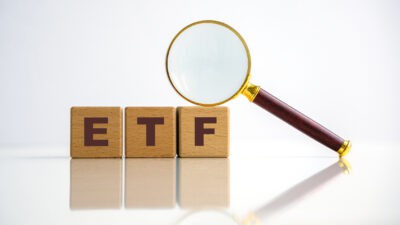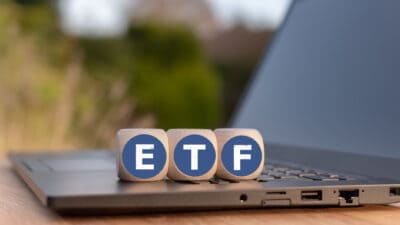Beating the share market over a meaningful timeframe is hard. If someone tells you it isn't, they're either lying to you or deluding themselves.
The fact is, the vast majority of professionals and expert stock pickers will lose to the market over the long term after trading costs and fees are accounted for. There's a number of reasons for this.
The sheer amount of competition in funds management. The increasing level of research and sophistication among analysts. Paradoxically, this is making it harder for funds to beat the market, as the competition is just as smart and hardworking as they are. The rise of indexing means there's not as many Mum and Dad investors in the market to earn excess returns from.
I also think that innovation and technology has made the business world faster, with the possibility that certain businesses become obsolete much quicker than used to be the case. And the rapid advances in technology means the future is probably harder than ever to visualise with any certainty.
According to SPIVA Research, 80% of Australian General Equity funds underperformed the index over the last 15 years. International funds performed even worse, with 91% being beaten by the index in the same period.
The only shining light for funds management in Australia was in the mid and small-cap space, where 53% of funds managed to beat their respective benchmark over the last 15 years.
What does this tell us?
Well, that humility should play a part in our investing. We should be honest with ourselves about whether we really are smarter than the person on the other side of the trade.
Also, that index fund investing is about as foolproof a strategy as you're going to get. This means you should probably have a good reason for venturing off elsewhere.
So, by simply putting money into an Aussie index fund like SPDR 200/ETF (ASX: STW), you'd beat about 80% of professionals. Pretty interesting, right?
So why would you stray from this approach?
You may be satisfied with earning a similar return to the market, or even slightly less, with a diversified investment company like Australian Foundation Investment Co.Ltd. (ASX: AFI), if it means you get a more dependable dividend stream than the index.
For example, AFIC was able to continue paying the same level of dividends during the GFC, something the index can't do. Retirees would have been incredibly comforted in that situation.
It's also possible that adding mid/small cap funds may boost performance if you believe in the manager and their strategy. In Australia, funds in this sector of the market have performed quite well over the long term.
Foolish takeaway
Overall, it seems the case against actively managed funds is a strong one. I think it's worth considering putting a decent portion of your portfolio into a broad, low-cost index fund like the SPDR 200, or at least widely diversified low-cost LICs. You're likely to beat the results from most highly active, high fee managed funds, allowing your wealth to compound effortlessly over the decades.






